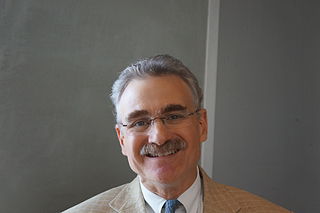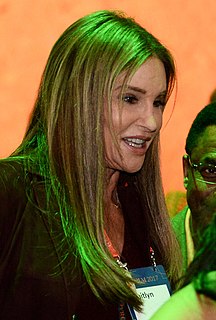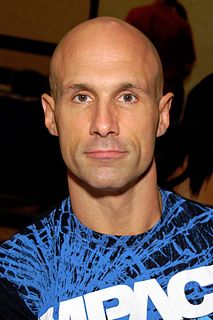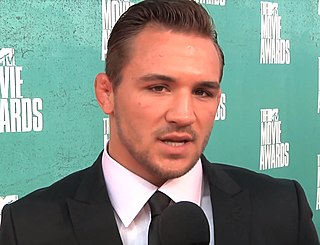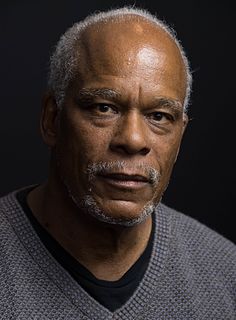A Quote by John Hurt
The big problem with literature is people tend to take the dialogue from the book, forgetting that everything that surrounds it is literate, therefore not knowing quite how to put that on screen.
Related Quotes
Filmmaking materials are in the hands of more people now than ever before. I would like to think that the more people have these tools, the more people will learn how to use them, it's another argument I would argue for, personally, for art's education. Because there are kids who aren't that literate in screen language and they've got to know how people select shots, how people edit audio, how people combine things to make what they see on the screen. It would be like the 15th century or the 16th century in Germany, and somebody amends a printing press and you don't know how to read and write.
Television is our culture's principal mode of knowing about itself. Therefore -- and this is the critical point -- how television stages the world becomes the model for how the world is properly to be staged. It is not merely that on the television screen entertainment is the metaphor for all discourse. It is that off the screen the same metaphor prevails. (92)
My father probably taught me everything I know, aside from dialogue, which I think I get from my mom a lot more. He certainly didn't teach me everything he knew, but you know he has got this book out called "The Spooky Art," which is essentially an advanced book on writing and it's not... You know it's not ABC, but it's for people who feel that bug and know that they're writers and are willing to put in that time alone. Pretty much the vast majority of what he taught me you can find in that book.
That's why I'm a big supporter of the death penalty. I want to be the hangman. I would put many more people to death like the kids who want to kill other people, I'd put 'em to death. Postal workers who get arrested, they have mental problems. You know what? When you're dead you don't have a mental problem. If you take a life, I will take yours. Put me in charge, I will fix it.
Part of the problem with Occupy Wall Street was that folks were never really clear on what they were fighting for. If you don't know what you're fighting for, how do you know when you've got victory? In some ways, new media makes it easier for people to connect. It's hard, though, because we're much more seduced by the Internet, by big-screen TVs, by cell phones that can do everything.



